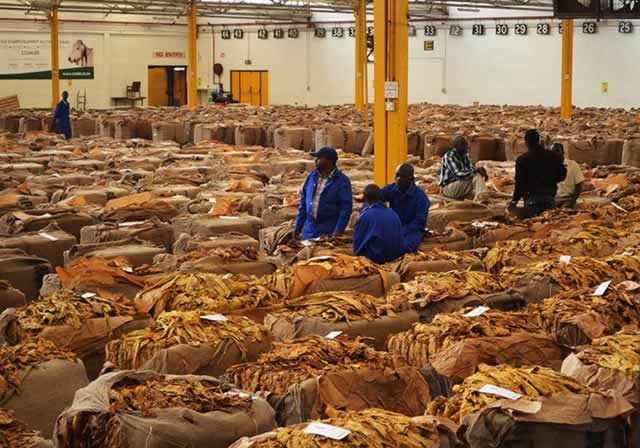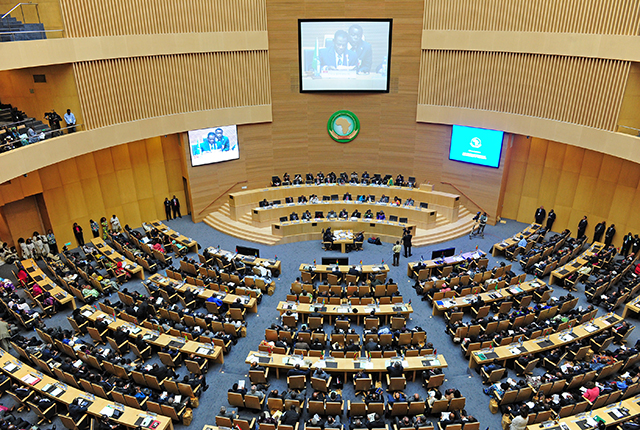Enough of that tobacco marketing season opening ruckus!

Obert Chifamba —
Anarchy seems to have become an ineradicable feature of most tobacco marketing season openings in recent years! And while they say it usually takes two to tango, the situation in this important industry has essentially taken more than two but many players to waltz out.
The tobacco industry has close to a truckload of important stakeholders that need to play their part for a marketing season to roll out impeccably.
Today I will take stakeholder by stakeholder and remind them of what they should have done as their essential contributions for the smooth rolling out of the impending tobacco marketing season, which traditionally, may just be a month or so away.
I will start with a stakeholder that I will label ‘most valuable,’ for without this one the rest have no reason to be doing whatever they do as a way of contribution to the well running of the tobacco industry.
This stakeholder is the farmer. Everything bad and good has been done to this stakeholder by almost all of the other stakeholders. But this player also has something to bring to the table to make every other contribution meaningful.
Farmers have to be compliant with the Tobacco Industry and Marketing Board (TIMB) requirement of registering as a grower before they can start producing the gold leaf.
This is to make administrative work easy for TIMB. And before they can bring their tobacco to the floors for marketing they need to submit their yield estimates, information which TIMB will relay to other stakeholders that complete the matrix.
From there they must remember to book dates on which they plan to come to the floors so that adequate planning is done by the entire stakeholder chain in readiness for the dates.
This will erase delays that most farmers usually complain of in terms of service.
In my crazy sense of business, I believe the auction floors should come next in terms of compliance to TIMB requirements.
They need to have applied to operate as tobacco auction venues for them to host farmers and merchants doing business in their premises.
Applications should be done by September 30 every year for clearance to conduct operations the following year.
TIMB will also need to inspect the floors to see if they are adequately prepared to handle the influx of people congregating for business, for instance, on the availability of adequate ablution facilities, tobacco handling and storage services, medical facilities as well as banks for easy payment of the farmers.
The floors also need to be connected online with TIMB for easy exchange of vital information.
Similarly, buyers too should have applied for permission to buy the golden leaf prior to the opening of the season.
They apply to TIMB so that the board has time to verify on matters such as registration of those companies intending to buy tobacco, their tax compliance, list of buyers they will be using and the suitability of the premises to which they will be taking the tobacco after purchase.
Premises for tobacco holding need to be fumigated for safe storage of the tobacco before being exported.
The buyers will also need to produce proof to the Reserve Bank of Zimbabwe (RBZ) that they have money from off-shore accounts to fund their operations.
At least 99 percent of these buyers are also the exporters of the tobacco so they need to secure export certificates as well before the season opens and to possess proof that they will be able to meet the phytosanitary requirements of the various export destinations to which they will send the tobacco.
RBZ’s online connectivity with TIMB and the rest of the players in the matrix must be up to the task.
Information will be triangulated from the floors, the buyers and TIMB so that the central bank receives all the data on forex transactions done. TIMB will send in daily updates on sales to the RBZ for planning purposes.
Banks will also need information on volumes being auctioned so that they have adequate money in place to pay the farmers without delays.
The Ministry of Agriculture, Mechanisation and Irrigation Development is the overseer to which all the information on the goings-on in the tobacco industry is relayed by TIMB on a daily basis.
The ministry comes in when there are policy issues to be involved.
Ministry of Finance also comes in handy when it regulates operations of the RBZ so it requires to be in communion with the rest of the stakeholders through the monetary authority, RBZ for effective economic planning purposes.
There are also those service providers that do not seem very visible in the whole planning purpose but remain important for a smooth marketing season.
Suppliers of wrapping paper and Hessian bags need information on yield estimates so that they procure adequate wrapping material, which is also only possible when they are in continuous liaison with other stakeholders.
My last port of call is on transporters. Transporters have often been labelled in many different lights depending on what their clients feel they would have been prejudiced of.
Some of them are said to short-changing farmers by demanding payment even when the farmer would still be waiting for payment.
This is a scenario that can be avoided if transporters register with TIMB so that they can get their payments through a stop-order system in which money is deducted from the farmer’s earnings and paid to the transporter immediately after the tobacco is sold.
Such an arrangement takes the transporter off the farmer’s back, as some of the farmers do not manage their finances properly to the point of forgetting the transporter that took them to the market to get the money.
Feedback: [email protected]











Comments